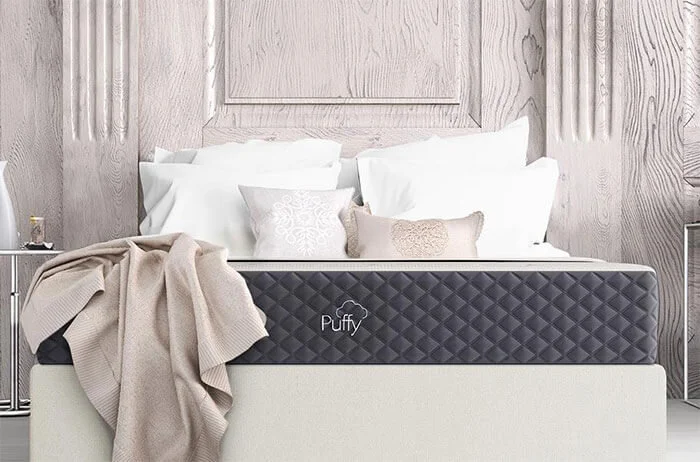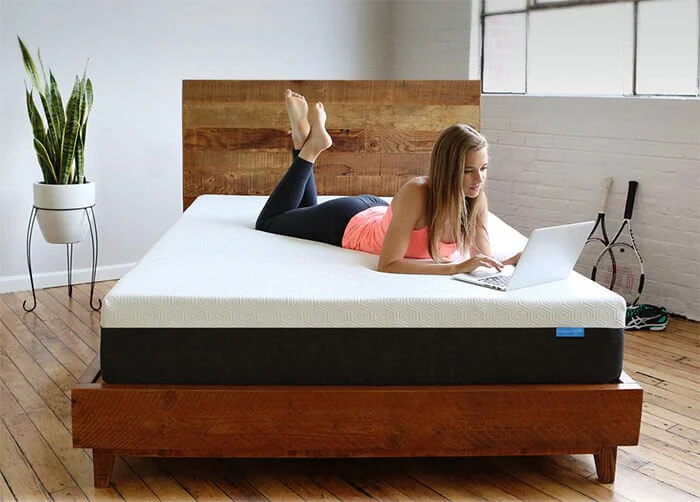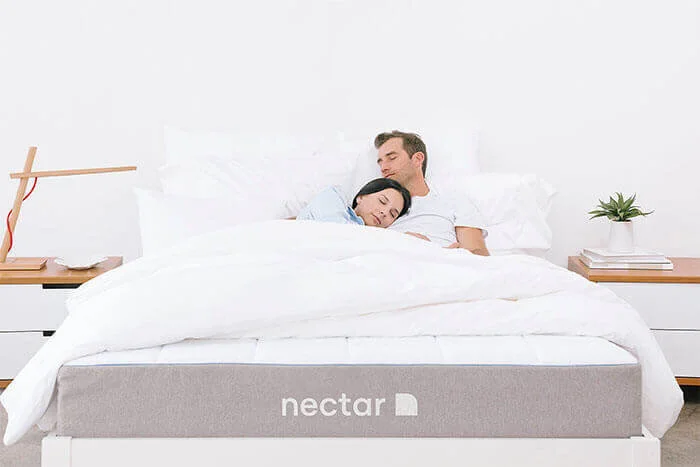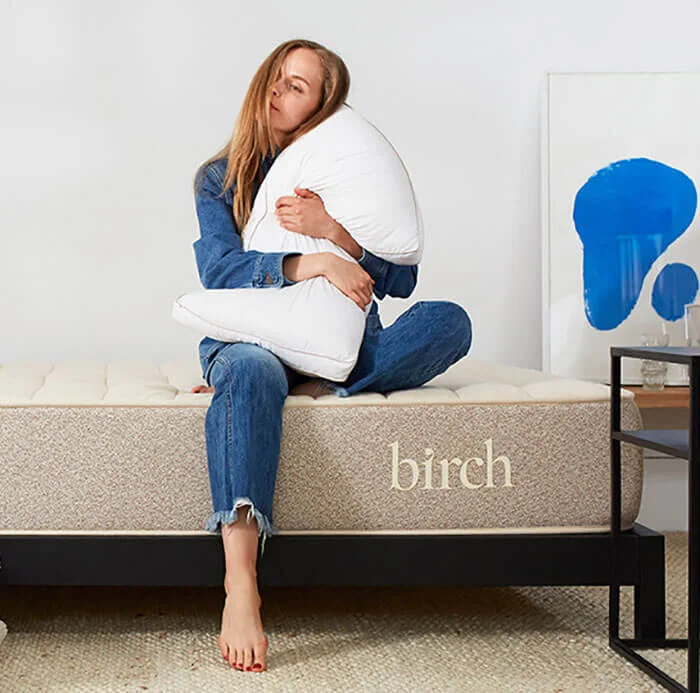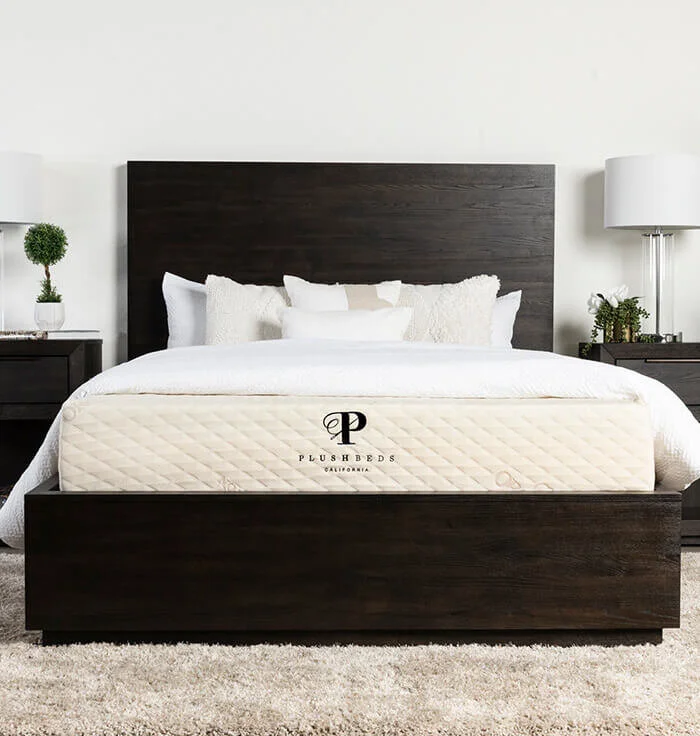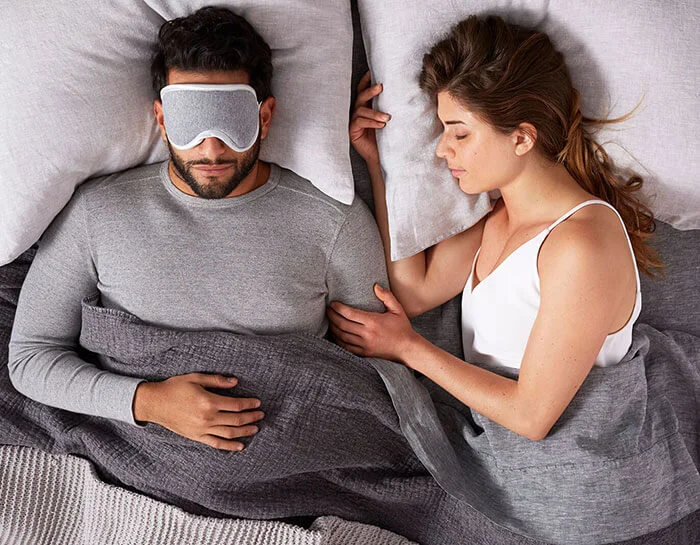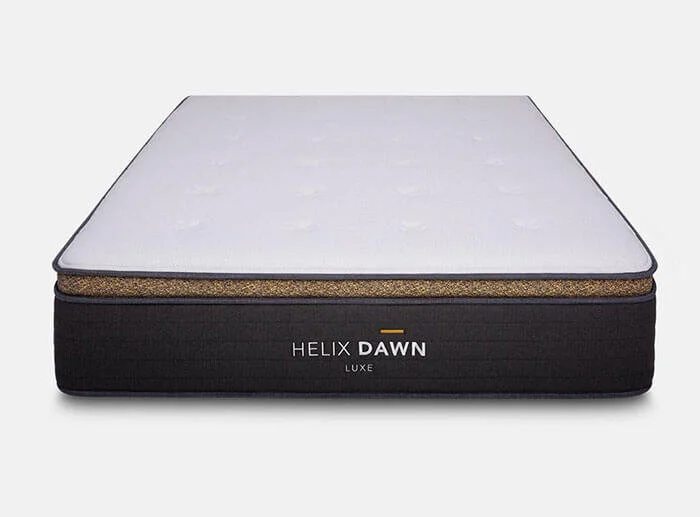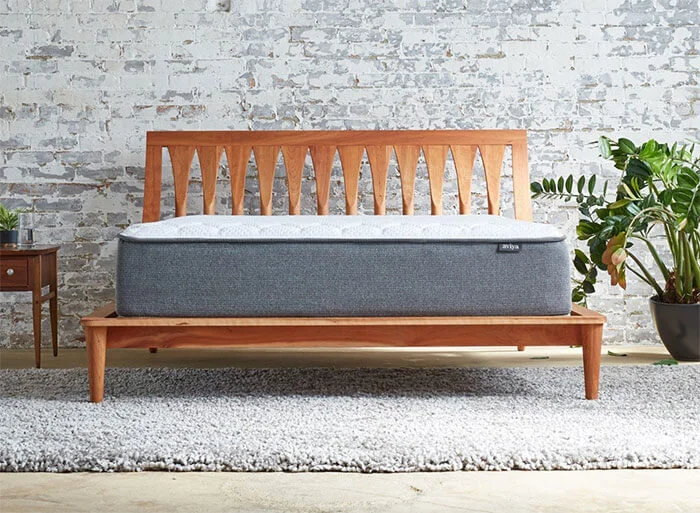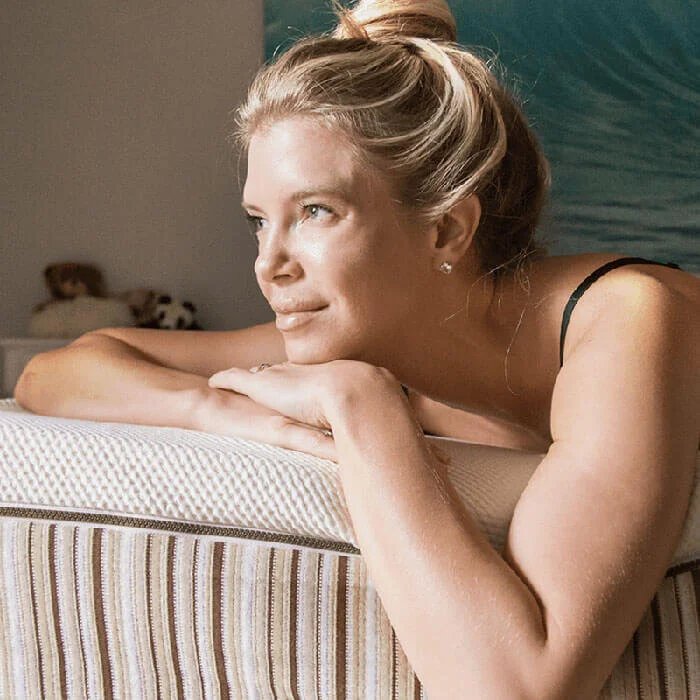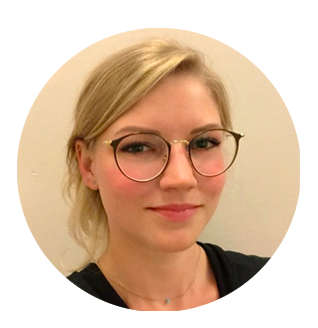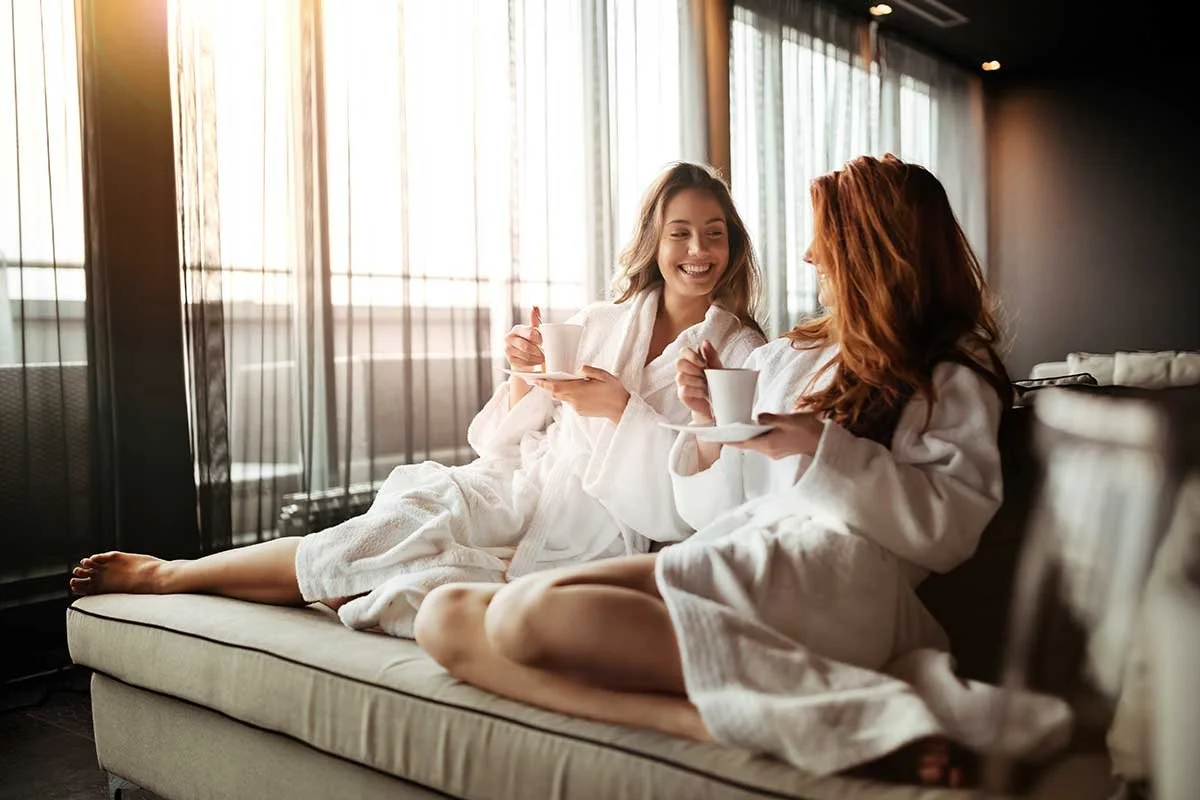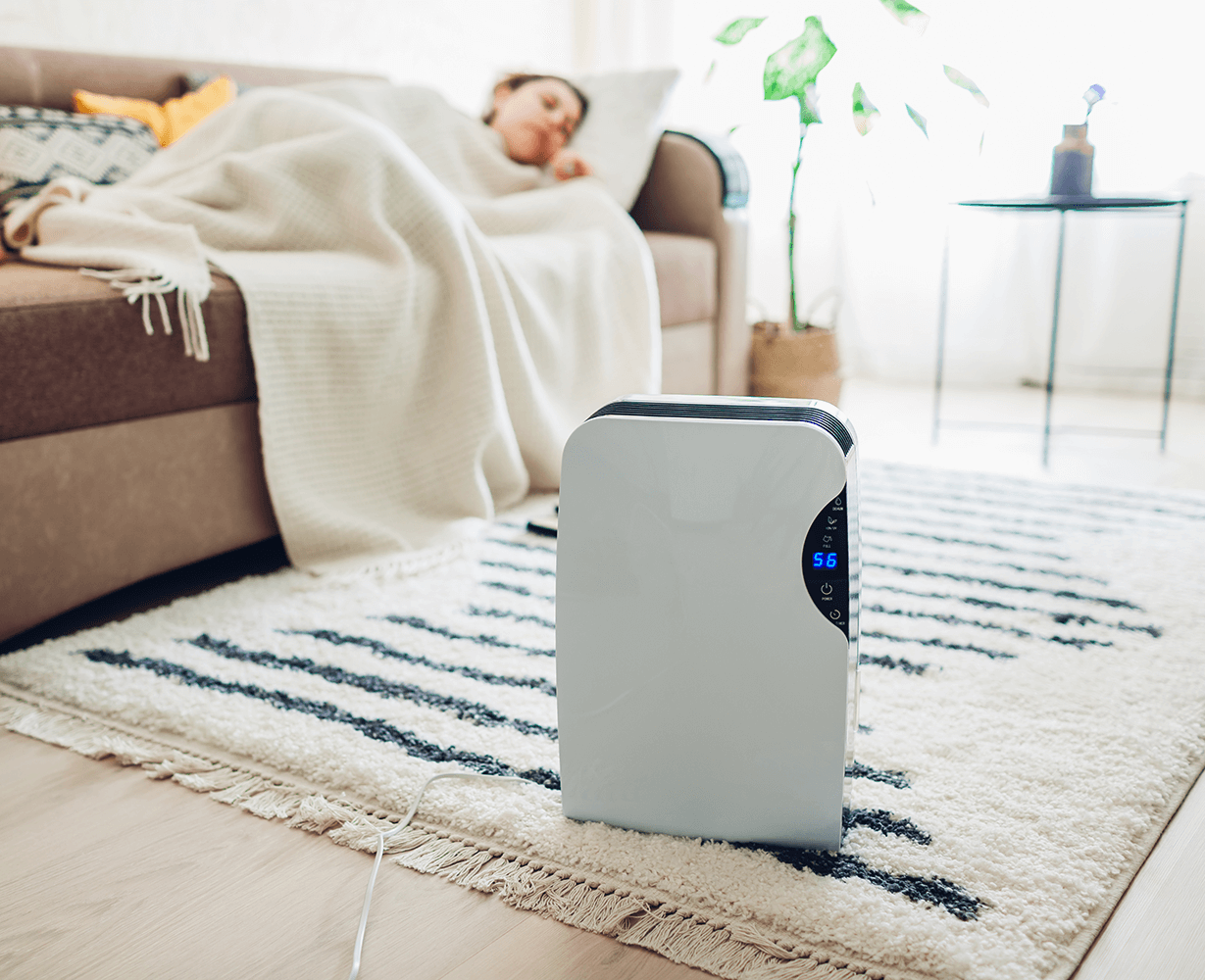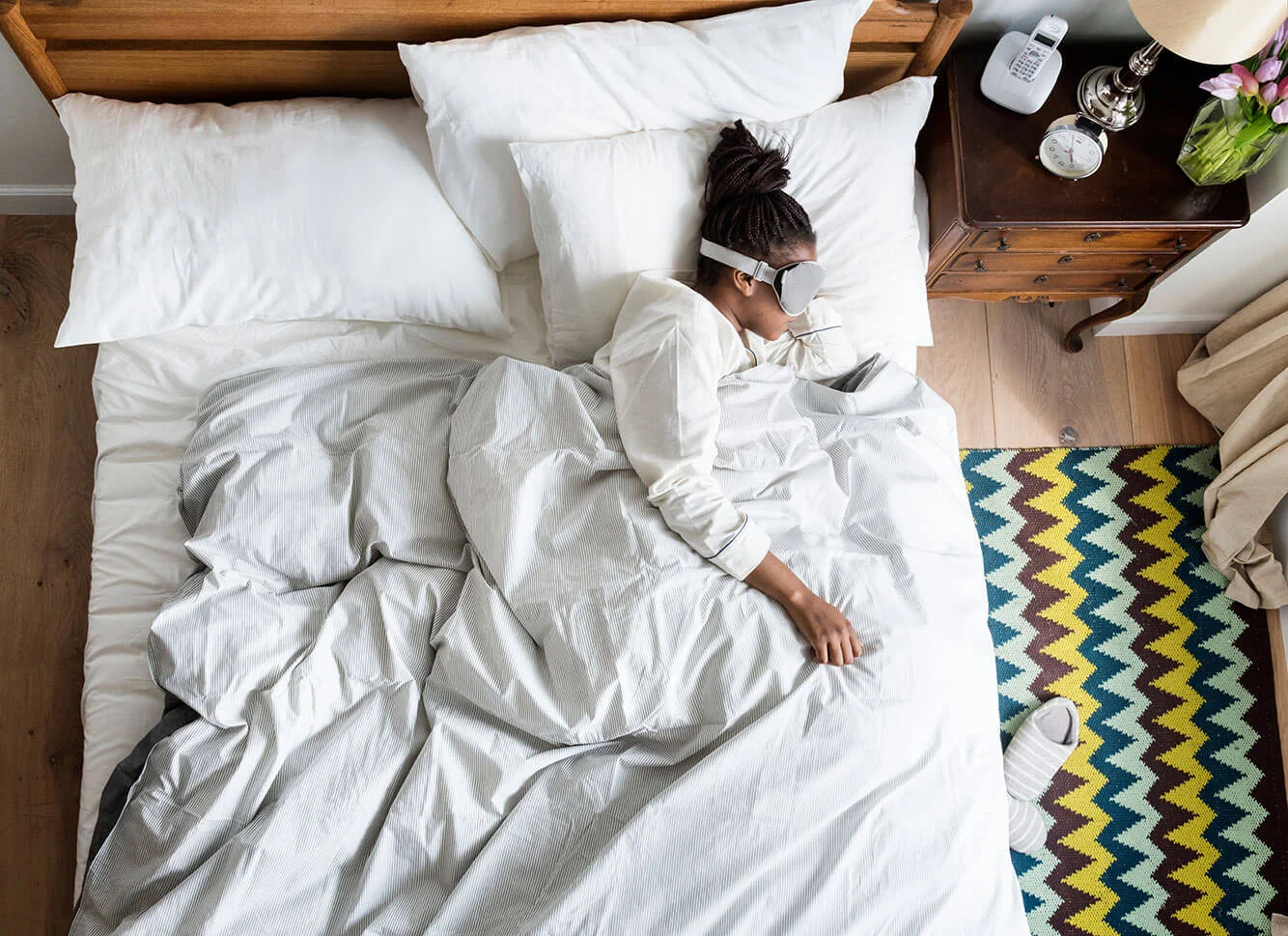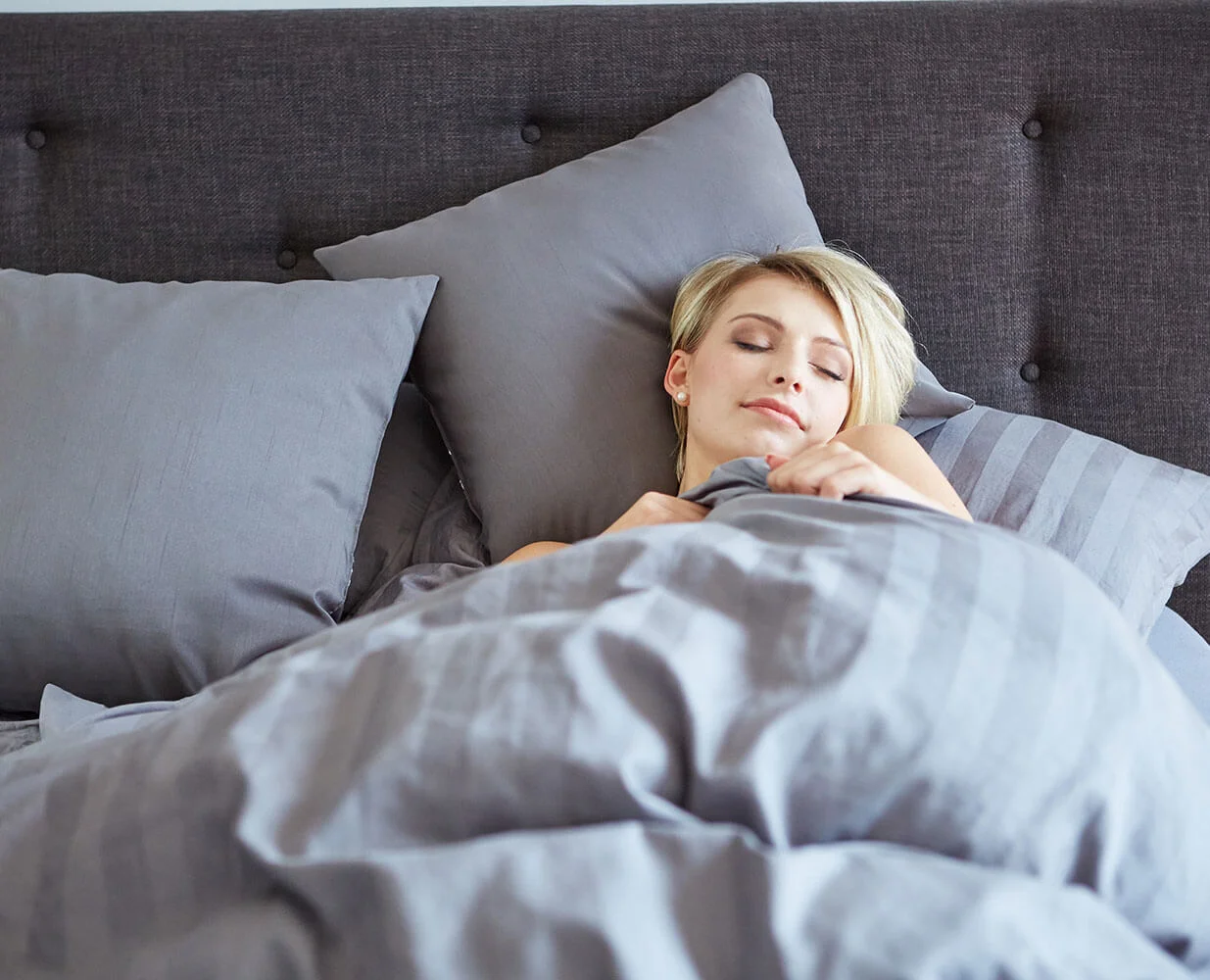Top American Colleges For Sleep
Consider One Of These Top American Colleges For Sleep
The best colleges for sleep are those that prioritize student wellness while balancing the demands of academics, extracurriculars, and social life. The typical "college experience" often includes late-night study sessions, parties, and mounting deadlines, all of which can disrupt sleep habits.
But does it really matter? Spoiler: It does. According to Stanford University’s Department for the Diagnosis and Treatment of Sleep Disorders, even a few sleepless nights can significantly harm a student’s health, well-being, and academic performance.
College students need at least eight hours of sleep each night to thrive. Thankfully, you don’t have to sacrifice rest to enjoy college life.
Instead, consider these schools that provide the ideal balance of academic rigor and a healthy sleep-friendly environment.
Sleep Deprivation and College Students
Sleep Deprivation and College Students
So what’s the big deal with not getting enough sleep, anyway? Sure, a poor night’s sleep here and there may not be enjoyable, but if you have that big term paper to bust out, you can always catch up on your zzz’s over the weekend. Not so fast. Getting even just a little bit less than eight hours of sleep each night causes you to go into something called “sleep debt.”
Without proper sleep, your body won’t have enough time to recuperate so that you can have your best focus and energy for the next day. According to the Center for Disease Control, a third of the country isn’t getting enough sleep.
Unfortunately, a majority of these individuals are students - those between the ages of 19 and 29. An appalling majority of young adults only get about six hours of rest per night on a regular basis.
These patterns start long before college As teenagers’ circadian rhythms change and adjust, they begin to become sleepy later than usual - typically, about two hours later than what they were accustomed to before puberty. High school is also when most teenagers begin to take tougher classes, begin working, or otherwise begin preparing for more stressful lives.
This only continues as students progress on to their college studies, but it becomes even more magnified. Some studies suggest that freshmen in college go to bed more than an hour later than they did in secondary school and because their weekend schedules vary so drastically from weekday schedules - Saturday night parties, anyone? - it’s hard for their bodies to adapt.
Most college students try to overcompensate by drinking caffeinated beverages to stay awake. When the inevitable insomnia later strikes, these same students turn to substances like sleeping pills, alcohol, sedatives, and other harmful drugs. This insomnia can magnify existing issues and produce new ones, too, causing weight gain and a whole host of other health and social problems.
How Sleep Impacts Academic Performance
How Sleep Impacts Academic Performance
If you think that you need to cut back on sleep in order to make the grade, think again. Losing sleep doesn’t only stall your academic progress, but it can reverse it altogether.
Roughly 50% of all students experience some daytime sleepiness - 70% don’t get enough sleep at all. This can cause your GPA to plummet, leading you to drop out of school or to develop anxiety or depression.
This is because sleep deprivation affects your concentration and cognitive processing. It also makes it difficult - and often impossible - for you to engage in memory consolidation.
Without getting enough sleep, you won’t be able to focus, nor will you be able to process the information you are learning and commit it to memory. Essentially, all the material you’ve wasted sleep on trying to learn will be forgotten.
If you’re sleep-deprived, you will have a harder time focusing while studying and while sitting in class. It also lowers your immunity, increasing the likelihood that you will fall illl. Try to combat the sleepiness with caffeine, and your adrenaline is going to be through the roof, making it impossible for you to sleep when you finally do lay your head down at night.
20% of students report being unable to sleep due to stress about school or other life circumstances, with an additional 20% reporting pulling all-nighters at least once a month. Insomnia, which is difficulty staying or falling asleep, seems to be a standard feature of the true college experience - but that doesn’t have to be the case, nor should it.
Not getting enough sleep can lead to problems with depression. Insomnia and depression are comorbid diseases, meaning they can exist together or they can cause or worsen symptoms of the other. Sleep deprivation is also linked to weight gain, and if sleep problems aren’t managed, you can even develop delayed sleep phase syndrome, which causes a significantly delayed sleep schedule.
Best Colleges For Sleep
Best Colleges For Sleep
Believe it or not, you aren’t on your own when it comes to getting enough sleep as a college student. “Colleges for sleep” almost sounds like an oxymoron - after all, the idea of pulling all-nighters to study has practically become synonymous with the phrase “college student.”
However, in 2016, a fitness products company known as Jawbone analyzed several years of collected information from tens of thousands of college students at more than a hundred schools in the United States.
The more prestigious the school, the later the students went to bed. As a result, some of the worst colleges for sleep are also some of the most competitive, including the University of Notre Dame, the Air Force Academy, and Columbia University. On average, students at these institutions slept for only about six and a half hours each night.
Military academies also tend to be the worst for sleep. Interestingly, though, these schools have some of the earliest weeknight bedtimes, underscoring the importance of maintaining a sleep schedule that works for you personally.
Contrast that with the top American colleges for sleep, and you’ll see painted an entirely different picture. Why? These schools not only foster an academic environment that is conducive to good sleep, but they have other variables that come into play, too. For instance, many have sleep research centers and wellness facilities.
For instance, these schools tend to have lower than average times to commute to class, good air quality, and low obesity rates. Why does obesity matter? It’s not only an indicator of overall health, but it’s also a contributing factor for sleep apnea, a common condition in which an individual stops breathing momentarily during sleep. Here are the top American colleges for sleep.
University of New Hampshire
University of New Hampshire
A public university in Durham, New Hampshire, the University of New Hampshire is dedicated to research and began as one of the state’s first land grant colleges. The University of New Hampshire is rated as the best college for sleep for a variety of reasons.
Not only does the average student receives more than seven hours of sleep each night, but there’s an on-campus sleep wellness center, too. The state of New Hampshire is also known for its lower-than-average obesity rate.
University of Oregon
University of Oregon
The University of Oregon is located in Eugene, Oregon, a city known for its commitment to health and wellness. The university was founded as a public flagship research university in 1876 and is located along the scenic Willamette River.
Students at the University of Oregon receive an impressive 7.23 average hours of sleep each night. The university has an on-campus sleep center as well as a wellness program. The state has a lower sleep deprivation rate than others, too.
Cambridge College
Cambridge College
Cambridge College is one of several private schools located in Boston, Massachusetts area. Despite its semi-urban location, it offers students some of the best sleep experiences of all colleges in the United States.
Students at Cambridge college receive, on average, about 7.25 hours of sleep each night. With a low sleep deprivation rate in the city, along with a low obesity rate, Cambridge College offers a great environment for students' overall health, too.
University of Colorado
University of Colorado
Located in Boulder, Colorado, the University of Colorado has a reputation for the awesome recreational opportunities it offers to students. In addition, it’s a public research university where students can get some of the best sleep around.
At the University of Colorado, students receive an adequate amount of sleep. However, Colorado is also one of the healthiest states in the country. Both obesity and sleep deprivation rates for the state are low here, too.
University of Nevada Reno
University of Nevada Reno
A public research university located in Reno, Nevada, the University of Nevada Reno was founded in 1874. The only land grant institution in the state of Nevada, it’s also one of the best places for snoozing.
University of Nevada Reno students get an average of 7.2 hours of sleep each night. Reno, on average, is not a sleep-deprived city, and any students who do suffer from sleep issues can get help at one of the school’s numerous student health centers.
Tulane University
Tulane University
Tulane University is a private university located in New Orleans, Louisiana. Despite its urban location, this private research university has its roots as a public medical school. To this day, the university conducts some of the most groundbreaking medical research.
Interestingly enough, Tulane University is one of the cleanest cities in the country. This lends itself to an exceptional sleep environment. In addition, students at Tulane may visit one of several different sleep research centers.
Auburn University
Auburn University
One of the largest universities in the south, Auburn University is a public research and land-grant university in Auburn, Alabama. Another university located in a city with awesome air quality, Auburn University also has a local sleep disorder center. Students here enjoy about seven hours of sleep each night.
University of Vermont
University of Vermont
A public research university in Burlington, Vermont, the University of Vermont was founded in 1781. Vermont as a whole is known for its eco-friendly policies, but did you know it’s also one of the best states for sleep?
The state has low obesity and sleep deprivation rates. In addition, at the University of Vermont, the average student gets more than seven hours of sleep per night. Plus, Burlington is one of the cleanest cities in the country.
How to Find the Best Colleges for Sleep
The top American colleges for sleep we’ve listed above aren’t the only ones where you can expect to get some shut-eye. The Jawbone study cited 50 different schools that are excellent for sleep, including American University, the University of Arkansas, the University of South Carolina, Brown University, and more. What do all these schools have in common? We will tell you how to find the best colleges for sleep below.
Location
How to Find the Best Colleges for Sleep
One of the biggest predictors as to how well you will sleep is the environment in which you are going to sleep in. Think about the location of your school. Is it in the middle of the city, where you are exposed to night pollution as well as air pollution?
While many campuses now incorporate eco-friendly, non-toxic policies in their sustainable living initiatives, purchasing recycled and fair-trade products for students to use, that doesn’t mean that environmentally friendly consideration carries forth into your sleep hygiene. A college could be the most student-centered in the world, but if it has a campus surrounded by city lights, your sleep is going to suffer.
Think carefully about the college you choose, as well as what the sleep facilities look like. Colleges that engage in student-focused housing practices tend to have some of the best conditions for sleep quality.
They also tend to be in cities with good overall health, low obesity rates, good air quality, and short commute times. If the college of your dreams happens to be located in an environment that isn’t exactly conducive to sleep, don’t panic. There are some simple fixes. For starters, invest in heavy blackout curtains so that you don’t have to look at the city lights all night.
You might also want to get some noise-canceling headphones or a white noise machine if nighttime noise pollution is a problem. You should also take charge of your own sleep by making your dorm room the most sleep-friendly environment, too.
Turn off your computer, television, and cell phone at least half an hour before bed, and make sure you are in as quiet an environment as possible. If you don’t like the school-provided mattress or other bedding materials, replace them with your own, more comfortable ones.
Find the Best Colleges for Sleep
Major
Pick a stressful major, and, although we hate to admit it, you’re probably going to be sleeping a bit less. Some majors simply get more sleep than others. Sure, you don’t go to college to catch up on sleep, but you might want to think about the implications your major might have on your health.
The three best majors for sleep include urban planning, physical education, and public relations, while the worst are animal science, advertising, and foreign languages. Nursing, architecture, biochemistry, and ecology students aren’t getting much rest, either.
Napping Facilities on Campus
One of the easiest ways to get enough sleep in college is to schedule in naps like you would schedule in your classes. Even if you have a jam-packed schedule, you can still make time for a nap between your classes. If you have a break between classes, you might want to rethink using that time to run errands or catch up on homework. Instead, take a quick power nap.
Ten to fifteen minutes is all you need. However, getting in a good nap can be challenging if you live far away from campus and it’s not realistic for you to pop back to your dorm room or apartment during this time.
To respond to this, many students have added nap rooms. These do not allow students to use electronics, which can impair sleep quality, but offer in exchange cozy, plush recliners and sleeping areas. Several universities, like the University of Michigan and James Madison University, have these areas. Others, like the Savannah College of Art and Design and Washington State University, have specialized nap pods. If your school doesn’t offer any napping facilities, you can still find a spot to snooze by using a Google nap map, available at many U.S. colleges, such as the University of Texas at Austin.
Sleep Centers
Sleep Centers
Sleep centers aren’t exactly rare, but they aren’t going to be found on every college campus in America - that’s a sure fact. However, quite a few universities perform novel sleep research or have additional on-campus research centers or sleep laboratories. These are typically managed by graduate students and faculty. Here, you can access sleep specialists and certain doctors if you are struggling with a specific sleep-related issue.
If your school doesn’t have a sleep center, most do offer wellness programs. Usually, these programs offer services that are either free of charge or covered by your health insurance. You can get counseling for various sleep issues through the school’s mental health center or you can engage in more unique programs.
The University of Alabama, for instance, has an educational program called Sleep More that teaches students about the importance of healthy sleep and the implementation of good stress management techniques.
Feel Well Rested With More Sleep At These Top American Colleges
If you’re still having trouble getting enough sleep and you’re lucky enough to be at one of these top American colleges for sleep, it might be time to consider making small tweaks to your sleep hygiene. For one, set a schedule that will allow you to get eight or more hours of sleep each night. If you’re capable of doing this, arrange your course schedule so that your classes start later (if you’re a night owl) or earlier (if you’re an early bird). Arrange your work schedule accordingly, too.
Stay away from caffeine and alcohol before bed and try to get into a pre-bedtime routine that promotes relaxation. If you’re still concerned about your sleep quality, consider making an appointment with your doctor. These tips really work, but we always recommend getting a professional opinion from your doctor, too. Here’s to sweet dreams - and to your studies.
Lisa Czachowski is a professional social blogger and has worked on several online publications including Citrus Sleep. Lisa is an experienced content writer and copyeditor. You will find many of her works throughout CitrusSleep.com that cover a wide array of subjects including sustainability, natural, sleep products, health, fashion and many more. She is passionate about what providing as much information as possible on products you bring in your home and what we wear.
Follow Lisa at Lisa Czachowski



